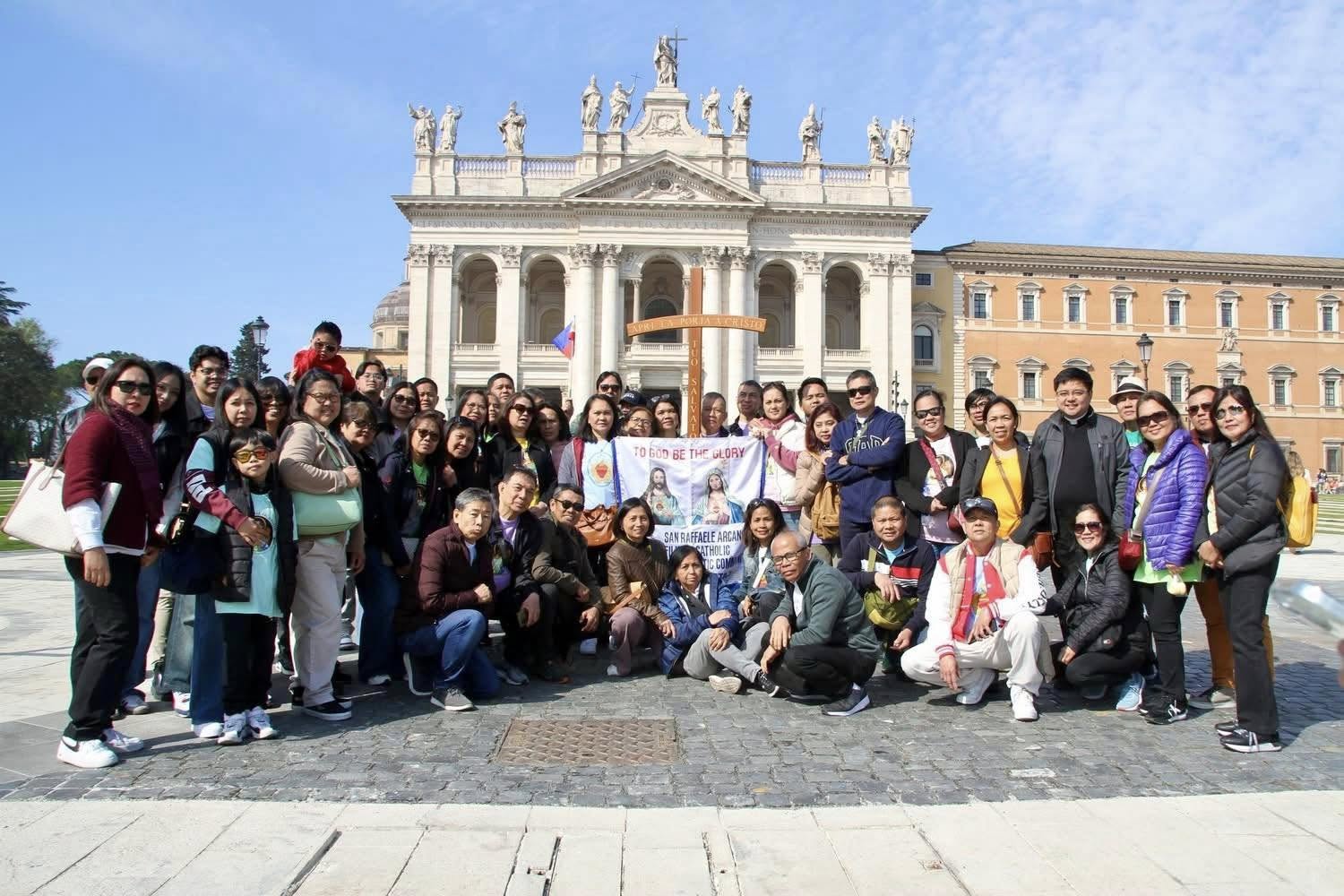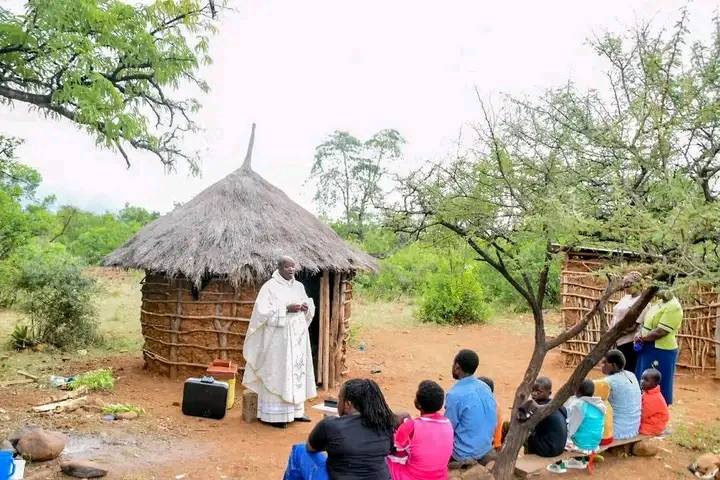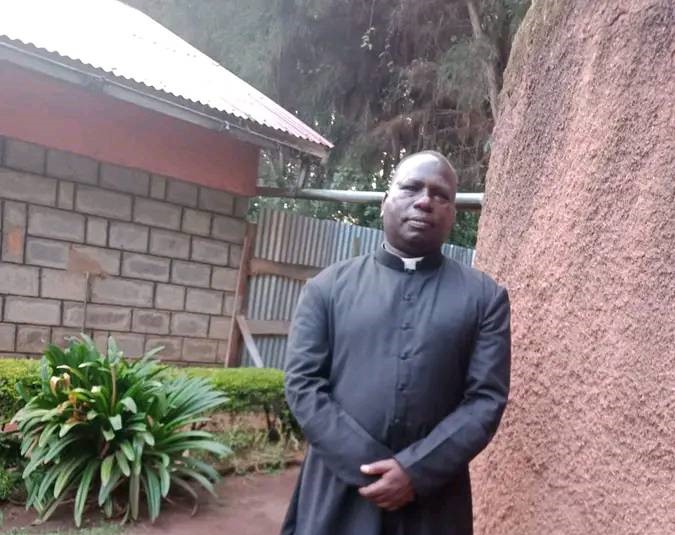One of the sweetest memories from my childhood was spending summer days in the hills of Córdoba, Argentina, in a small village where my grandparents lived. We’d visit them every year, and those days were filled with joy. I remember the stream that ran down through the colorful stones, its waters crystal clear, fresh, and pure. My younger brother, cousins, and I would play in it until sunset—building little dams, catching tiny fish, splashing around. Time flew by so fast! Last year, my brother came to visit me, and we went to Tai-O, on Lantau Island in Hong Kong. Some Filipino friends took us to a waterfall that poured down from the mountain. The solitude of the place, the shadows, and the cool, clear water brought back those unforgettable days by the stream in that little village on the hills.



